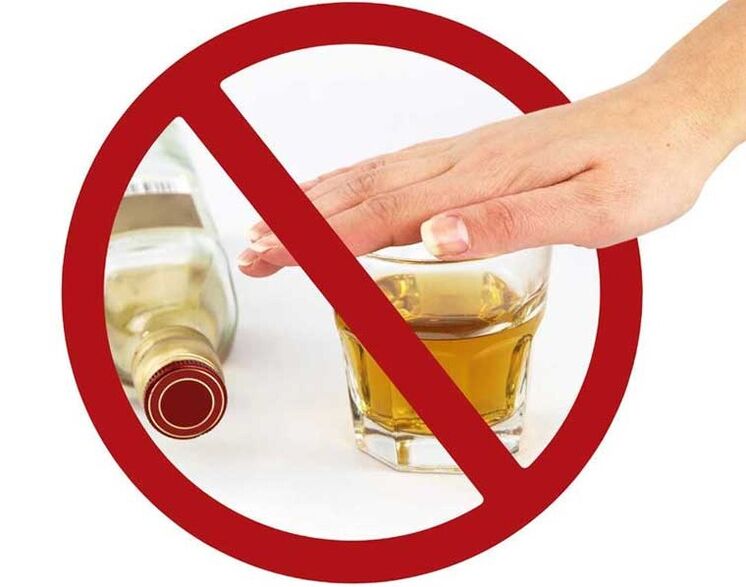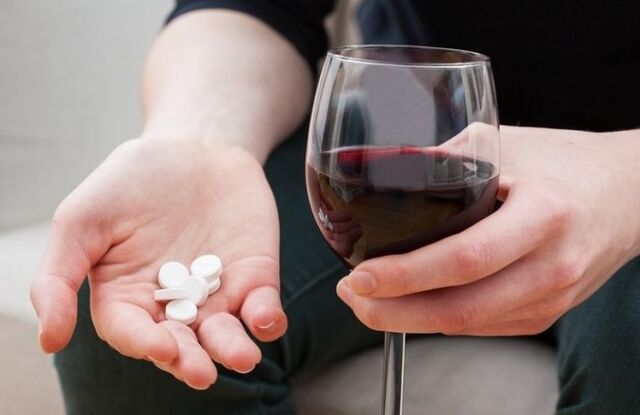It's no secret that dental treatment requires the use of local anesthetic to relieve pain. This procedure must be approached responsibly by both the dentist and the patient. Alcohol should be limited to avoid unpleasant results and reduce risks. Why do experts ask to give up alcohol during dental interventions? You should understand this issue in more detail.
Why You Shouldn't Drink Before Visiting the Dentist
Can I drink alcohol before dental treatment? It is not recommended to drink alcohol before visiting the doctor, as the effectiveness of dental anesthesia and the final outcome depend on the general condition of the body.

- Anesthesia is used for many dental procedures. They paralyze nerve fibers, masking the pain. Local anesthetic alcohol interferes with the drug, leading to increased sensitivity of the teeth and gums.
- The painkillers themselves have caused side effects such as dizziness, cramps, nausea, and vomiting. Alcohol increases side effects on the body, which can cause anaphylaxis.
- It is strictly forbidden to drink alcohol before tooth extraction. Ethyl alcohol entering the bloodstream reduces the blood's ability to clot, dilates blood vessels, and increases the risk of complications. It is difficult to stop bleeding, as a result of which a chronic inflammatory process develops.
Negative effects of alcoholic beverages
Many people mistakenly believe that drinking alcohol after dental treatment will disinfect the oral cavity. But this is a big mistake. Are mental and dental anesthetics compatible? If you do not want to harm your health, you should think about the harmful effects of alcohol on the body. Why is drinking alcohol to treat dental disease dangerous? It leads to the following negative consequences:
- erode tooth enamel, destroy teeth,
- reduce the effect of anesthetics,
- cause inflammation,
- increases the risk of allergic reactions,
- cause fluctuations in blood pressure,
- increases the load on the liver and cardiovascular system,
- pain enhancement,
- slows down tissue healing,
- provoke the unconscious.
Moreover, alcohol combined with an anesthetic drug has an adverse effect on the central nervous system. There are often unpredictable side effects: headache, weakness, convulsions, heart palpitations.
How long can you drink alcohol after anesthesia?
How long to drink alcohol after anesthesia? Duration is determined by the dentist and depends on the nature of the intervention and the type of treatment. The anesthetic isn't going to work right away, so the party should be postponed. After a dental procedure, you must wait at least a day. It is permissible to drink alcohol for 48 hours after the complete elimination of the drug from the body. It should be noted that after tooth extraction, it is recommended to extend the time to refuse strong drinks by 6-7 days. If you have less blood clots, it is best to abstain for a longer period of time. This will reduce the risk of complications: inflammation, swelling, and infection.
Alcohol can greatly affect the outcome of your treatment. As a result, dental interventions will be ineffective and unsuccessful. No matter how much you want to overcome anxiety and stress, it's better to forget about alcohol during surgery.
Recommendations
All alcoholic beverages contain ethyl alcohol. If you drink vodka, wine, cognac or beer, your liver takes on double the load. The body needs to metabolize both painkillers and alcohol. Negative effects on the liver can be aggravated by the use of antibiotics, pain relievers, antihistamines. To avoid toxic shock, you need Follow these tips:
Follow these tips:
- You should limit alcohol if you plan to visit the dentist on the same day.
- If your dental procedure involves the use of antibiotics, it's best not to drink alcohol during your treatment.
- Before the appointment, it is necessary to inform the dentist about the presence of allergic reactions and the drugs used the day before.
- Remember that the success of a medical procedure depends on proper preparation. If a dental operation is irresponsible, additional anesthesia or re-intervention may be required.
There is no doubt that it is very undesirable to drink strong beverages during dental anesthesia. If you want the procedure to be safe and painless, you should read the above recommendations carefully.
Don't be afraid to go to the dental clinic. You can consult a competent specialist who will tell you how to properly prepare for the treatment. A professional dentist will select a specific anesthetic and advise on the most effective method for a speedy recovery.


























